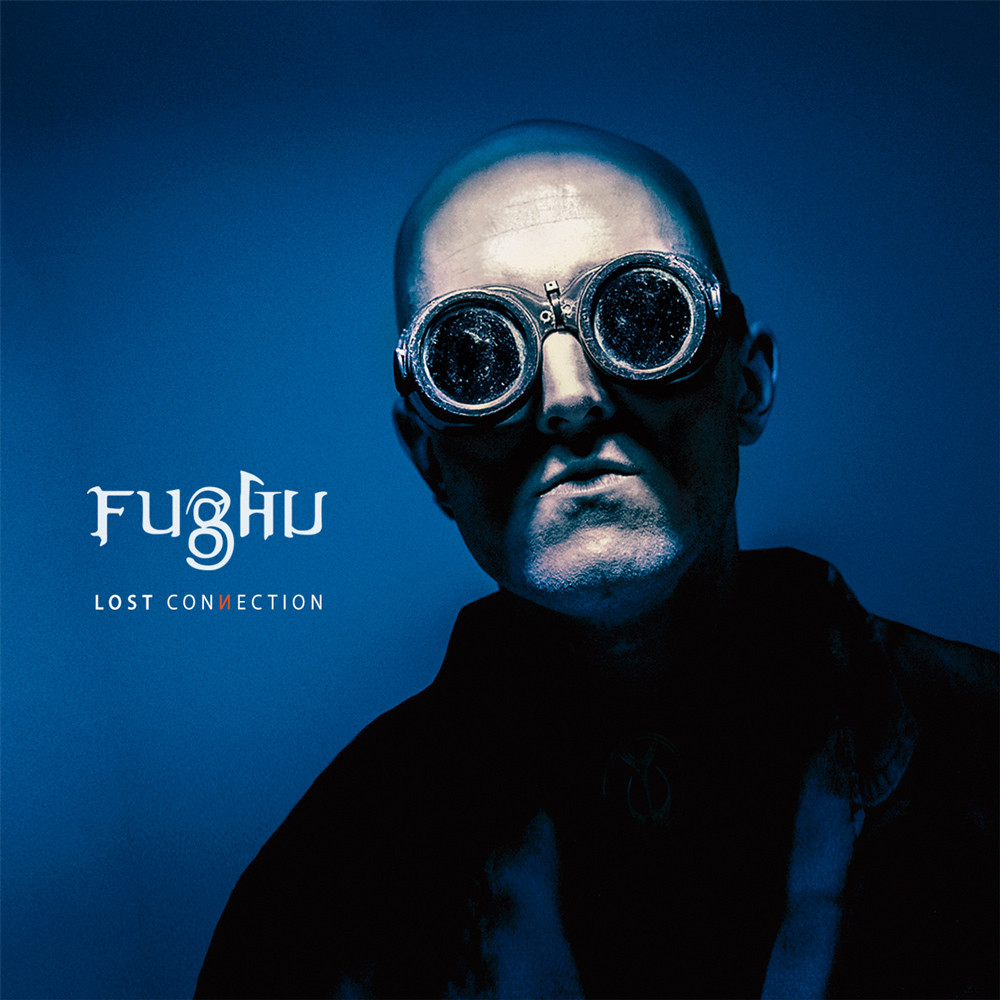 |
Country: USA
Style: Black Metal
Rating: 6/10
Release Date: 17 Apr 2020
Sites: Bandcamp | Facebook | Metal Archives | YouTube
Here's another local Phoenix band I haven't caught live yet, but I wouldn't mind at all if they showed up on a local bill whenever this quarantine ends. They play black metal without varying the old Norwegian formula but they're sounding good here, aided by a solid production by Randy Abbott, who's also the lead singer and the creator of the band's logo. And, before you ask, he is not the one man behind this; there are four other musicians in the band, all of whom seem very capable.
It seems odd for this EP to run the sort of length EPs are supposed to run, given that I keep seeing ten minute EPs and forty minute EPs lately, but it really does do what an EP is supposed to do. It kicks in fast, it hurls out five tracks, all of them unfolding at a pretty consistent fast pace, and it ends fast, leaving us with just over twenty minutes to get to know the band. That seems fair, given that this is their debut, and it's a decent intro to what Efnisien do.
Talking of intros, that's the other thing that I noticed right off the bat. Efnisien do like their atmospheric intros, which tend towards horror themes. Gallows starts with a sample that might be from Witchfinder General, but it isn't easy to tell under the screams and roaring flames. Horrors Within has horror sounds to kick it off, surprisingly enough: creaks, roars, heartbeats and the like. Worn by Sin begins with some sort of drug use. Disconnect has layered whispers. Through Agony starts with bells and an atmosphere of dread and adds another sample midway. That's a lot of extras for a five track EP!
Maybe it's to help distinguish the music. There are differences between the tracks but we have to pay attention to find them because the tone is highly consistent across them. I've had this running on loop for a couple of hours and the first four blur together, those intros serving as much as interludes as actual intros. They're almost break points so we know that we've moved on from one song to the next.
It's the final song, Through Agony, that has stood out for me every time. It isn't the only one to vary the speed, but it does it most successfully and I really dug the atmosphere early on as the band play slow behind the rasping vocal of Abbott. Five guys can't play this fast and accurately without being solid musicians but it's Through Agony that highlights that there's more in their collective arsenal than just playing the traditional black metal wall of sound.
For a debut EP, this is decent stuff. I'd have liked more variety but what's here hasn't either pissed me off or bored me to tears after so many repeats. The heat of Phoenix isn't a logical place for black metal to thrive. I grew up in the frozen wastes of the north, even if Yorkshire isn't quite Arctic, and there's an accompanying "grim up north" mindset that fails to translate well to sun-drenched desert twenty degrees south. Perhaps that's why Phoenix is still a thrash city at heart, even if it's gone trendy with -core genres of late.
I hope quarantine lifts soon so that bands can get back on stages and I can catch people like Efnisien live. And I look forward to watching this band as they develop their own identity. This is good bedrock to build on.








